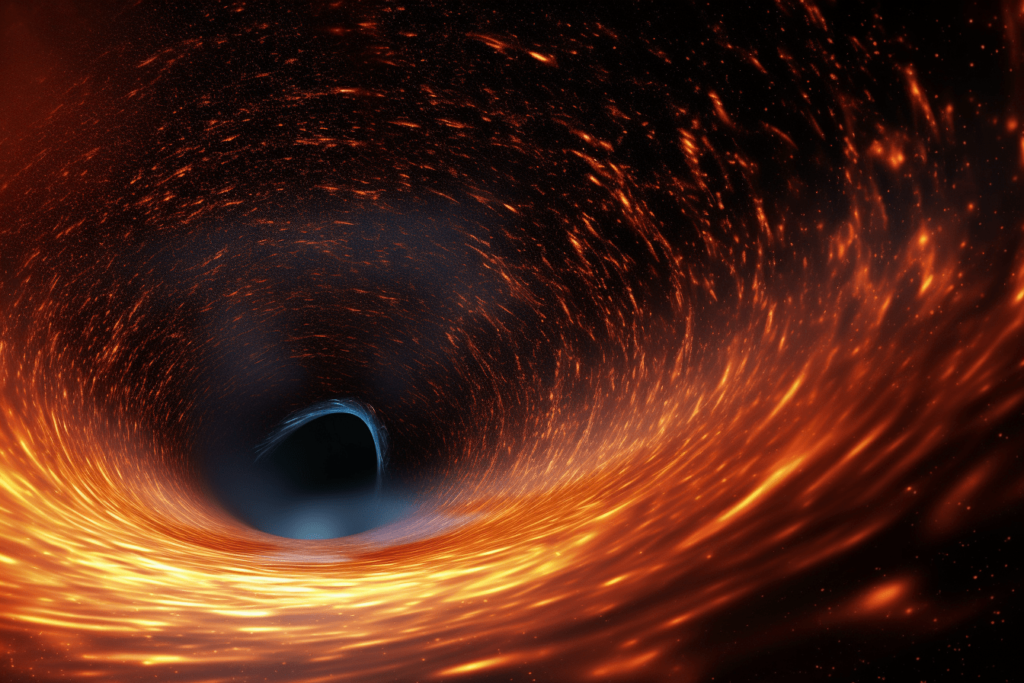
For the first time in the annals of space observation, scientists have managed to record a landmark event – a black hole changing the direction of its jet. The black hole in focus is named V404 Cygni and it is located about 7,800 light-years away from our home planet, Earth.
Back in 2015, V404 Cygni garnered attention when it briefly became the most luminous black hole detected. At the time, it was tracked and studied by scientists who were intrigued by its exceptional brightness. During this period of observation, scientists noticed something unprecedented. They saw the black hole’s jet, essentially a high-energy stream of particles, shift its direction.
This particular occurrence is highly uncommon and unusual. A black hole’s jet, as a rule of thumb, tends to stream in one steady direction. This is determined by the angular momentum of the black hole itself, which results in a steady, single-directional jet of particles. Thus, witnessing a black hole’s jet shift its direction was both remarkable and intriguing, marking a significant moment in astrophysics.
The phenomena observed has led scientists to hypothesize that the cause of this directional change is the black hole’s accretion disk. This disk, composed of a swirling ring of gas and debris, orbits the black hole. The unique structure of V404 Cygni’s accretion disk, influenced by gravitational forces, might be creating the necessary conditions for this anomaly.
Unraveling this mystery holds potential for significant advancements in our understanding of black holes. The mechanism behind a black hole’s jet changing direction could offer insights into the dynamic nature of these cosmic giants. It also suggests the possibility that black holes could be more complex and unpredictable than previously believed. This discovery, therefore, has sparked considerable excitement among scientists and is likely to lead to further detailed studies and research on the behavior of black holes.